-
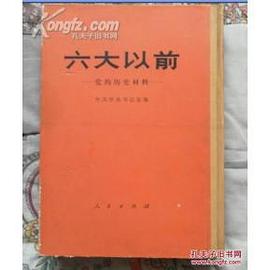
六大以前
-
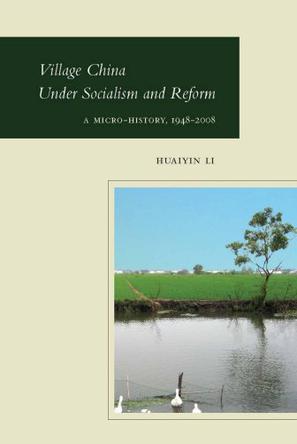
Village China Under Socialism and Reform
Village China Under Socialism and Reform offers a comprehensive account of rural life after the communist revolution, detailing villager involvement in political campaigns since the 1950s, agricultural production under the collective system, family farming and non-agricultural economy in the reform, and everyday life in the family and community. Li's rich examination draws on original documents from local agricultural collectives, newly accessible government archives, and his own fieldwork in Qin village of Jiangsu province to highlight the continuities in rural transformation. Firmly disagreeing with those who claim that recent developments in rural China represent a radical break with pre-reform sociopolitical practices and patterns of production, Li instead draws a clear history connecting the current situation to ecological, social, and institutional changes that have persisted from the collective era. -
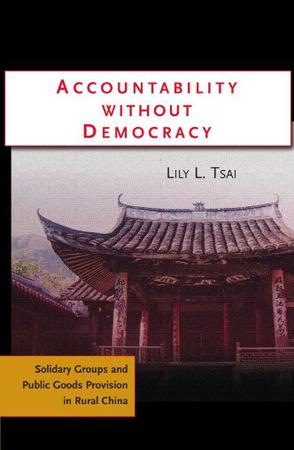
Accountability without Democracy
This book examines the fundamental issue of how citizens get government officials to provide them with the roads, schools, and other public services they need by studying communities in rural China. In authoritarian and transitional systems, formal institutions for holding government officials accountable are often weak. The answer, Lily L. Tsai found, lies in a community's social institutions. Even when formal democratic and bureaucratic institutions of accountability are weak, government officials can still be subject to informal rules and norms created by community solidary groups that have earned high moral standing in the community. -
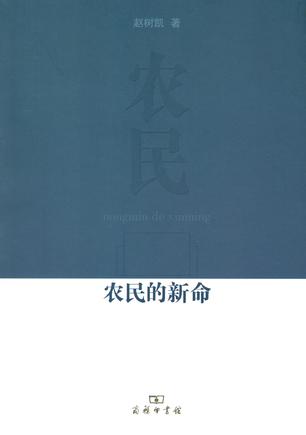
农民的新命
本书以“农民的新命”为主题,全书分五章,32篇。“导言”部分集中论述中国农民在当代政治经济条件下的历史命运演变,并力图探究这种命运遭际的体制机理,重点分析改革以来的大流动所展示的农民命运。第一章“新步履”,主要讨论农民如何冲破体制藩篱、迈开离乡离农的脚步所蕴含的政治社会内涵和经济后果,分别讨论作为人权的流动权、流动的组织机制、流动的发生过程、流动对于乡村经济的影响、流动对于农民自身的挑战等。第二章“新生存”,主要讨论农民进入城市后的生活状态,涉及就业环境、生活环境、子女教育、社会交往等方面。第三章“新治道”,主要讨论农民流动对政府政策和城市管理的挑战。第四章“新起点”,主要讨论农民流动进入新世纪之后的新发展。 -
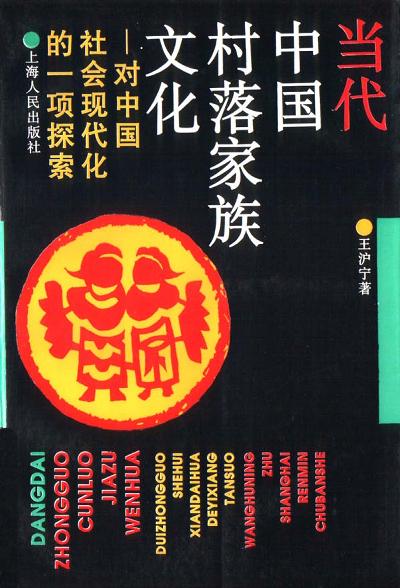
当代中国村落家族文化
"中国哪一天可以说是一个现代化国家了,我想应当是整个社会均衡的现代化,是11亿人共享的现代化,而非城市或一部分人口的现代化。"因此,中国社会发展的关键在于乡村的现代化,在于人口占大多数的农民的现代化。作为哲学社会科学"七五"期间国家重点研究课题,本书曾获得上海市哲学社会科学优秀成果奖(1986-1993) 一等奖(1994年)、国家社会科学基金项目优秀成果奖 二等奖(1999年)。 -
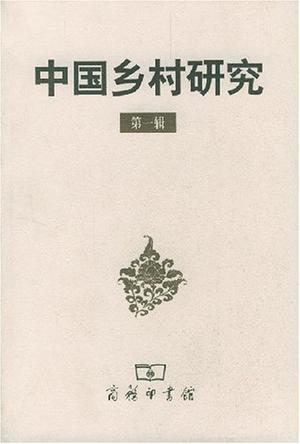
中国乡村研究(第一辑)
收录国内外有关中国乡村研究方面的9篇论文,内容包括汉唐间中国的乡村社会组织,近代珠江三角洲、河北农村的治理模式,中国共产党革命时期的农村政策,改革开放后中国农村的日常生活,宗族组织、土地所有制的变化以及农村自治等方面的新特点。《中国乡村研究(第1辑)》的作者大都从具体个案出发做实证研究,展现了中国乡村研究的新视野。 目录 秦 晖 传统中华帝国的乡村基层控制:汉唐间的乡村组织 刘志伟 边缘的中心——“沙田—民田”格局下的沙湾社区 李怀印 中国乡村治理之传统形成:河北省获鹿县之实例 刘 昶 在江南干革命:共产党与江南农村,1927——945 卢晖临 革命前后中国乡村社会分化模式及其变迁:社区研究的发现 阎云翔 从南北炕到“单元房”——黑龙江农村的住宅结构与私人空间的变化 张 静 村庄自治与国家政权建设——华北西村案例分析 斐小林 集体土地所有制对中国经济转轨和农村工业化的贡献:一个资源配置模型的解说 彭玉生 折晓叶 陈婴婴 中国乡村的宗族网络、工业化与制度选择 稿约